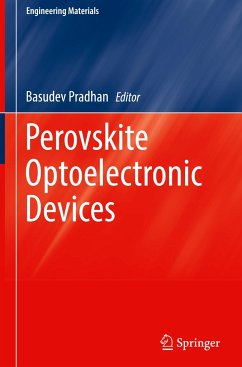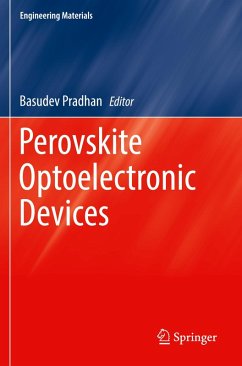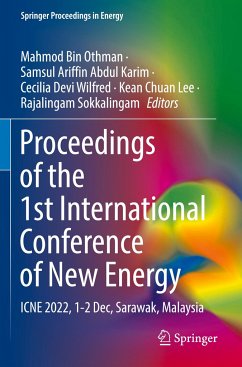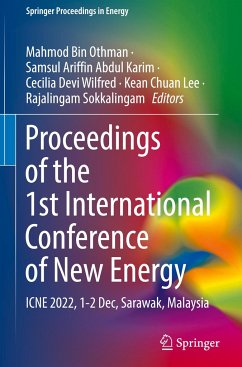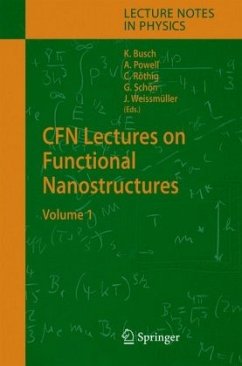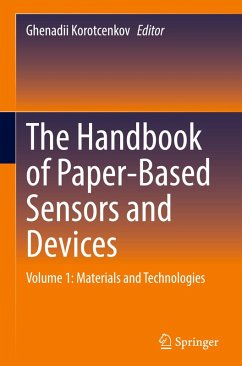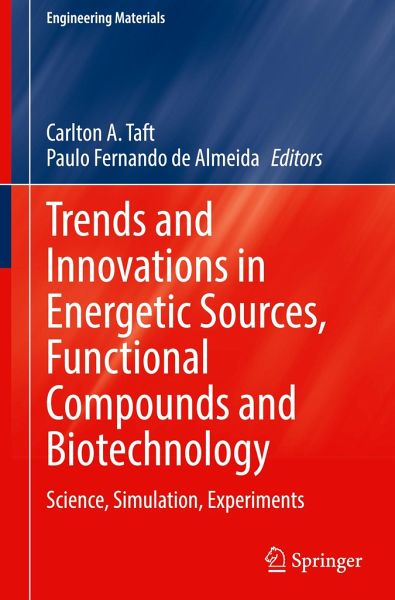
Trends and Innovations in Energetic Sources, Functional Compounds and Biotechnology
Science, Simulation, Experiments
Herausgegeben: Taft, Carlton A.; de Almeida, Paulo Fernando

PAYBACK Punkte
83 °P sammeln!
This book offers a roadmap to the future, addressing pressing challenges such as energy sustainability, environmental preservation, and advancements in biotechnology and pharmaceuticals. From the exploration of novel perovskite materials for environmental NO reduction to the development of game-changing biotechnological strategies for simultaneous CO2 capture and H2S conversion, this book spans a diverse range of topics. The content dives into the realms of artificial intelligence, nanotechnology, and state-of-the-art photovoltaic solar cells. The chapters explore the potential of psychedelic ...
This book offers a roadmap to the future, addressing pressing challenges such as energy sustainability, environmental preservation, and advancements in biotechnology and pharmaceuticals. From the exploration of novel perovskite materials for environmental NO reduction to the development of game-changing biotechnological strategies for simultaneous CO2 capture and H2S conversion, this book spans a diverse range of topics. The content dives into the realms of artificial intelligence, nanotechnology, and state-of-the-art photovoltaic solar cells. The chapters explore the potential of psychedelic substances for treating mental disorders and the use of computational tools in pesticide development. Moreover, the reader can uncover the secrets of copaiba tree oil-resin active ingredients with multifaceted medicinal properties and the application of electrical current in alcoholic fermentation. With contributions from esteemed researchers, this book offers insights into the forefrontof scientific progress.




